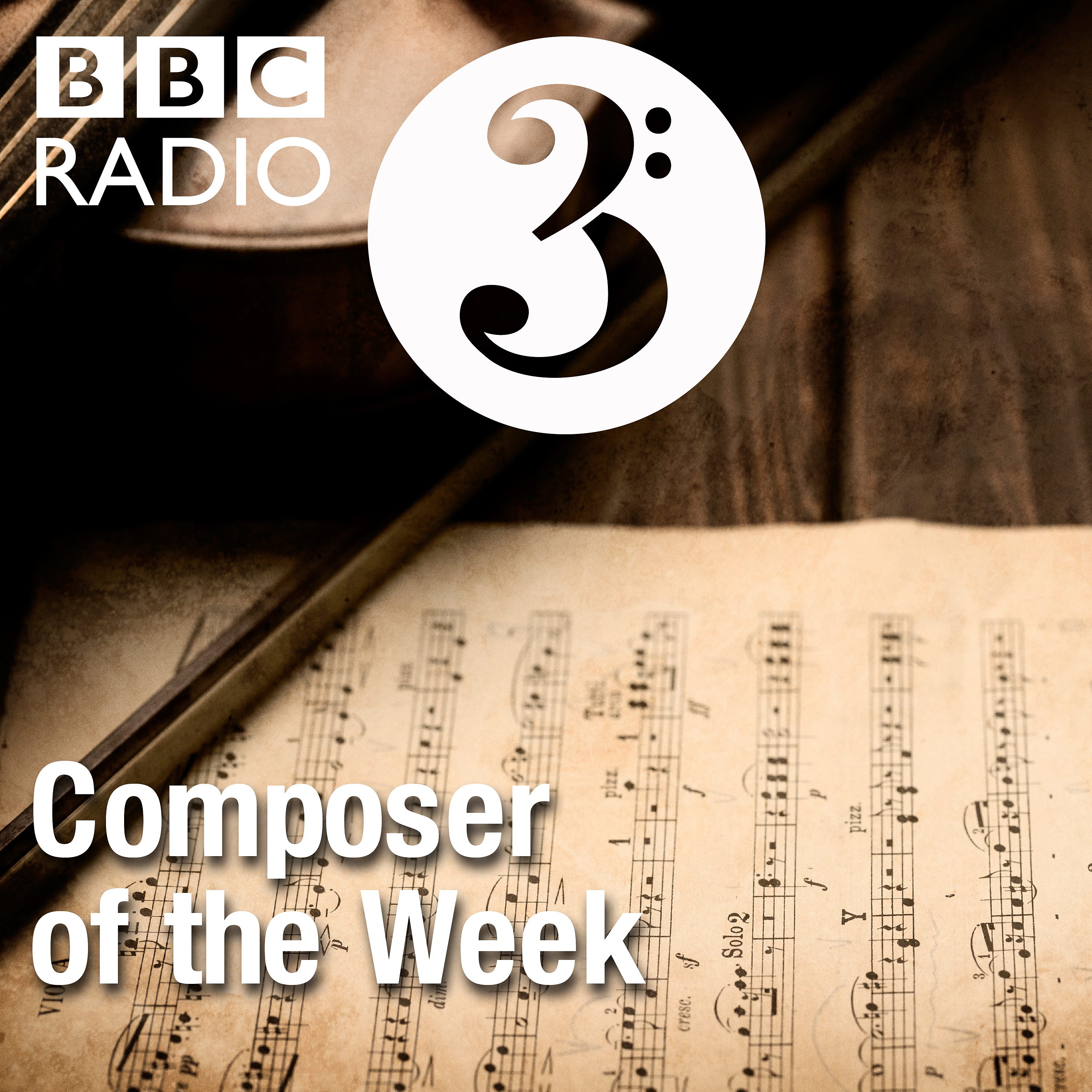A Vaughan Williams Christmas
Description
“I’ve always loved carols,” Vaughan Williams wrote to Cecil Sharp in 1911. Despite being called a “most determined atheist” by Bertrand Russell at University, and in later life “a cheerful agnostic”, the composer never lost his love for Christmas. It dated back to childhood memories of singing carols from Stainer and Bramley’s Christmas Carols New and Old at his home at Leith Hill Place, Surrey. As an adult, his lifelong passion for the Christmas period was demonstrated in his music - the Fantasia on Christmas Carols, On Christmas Night based on Dickens’s A Christmas Carol, the cantata Hodie and the nativity play The First Nowell. His passion for collecting folk tunes in various counties of England – armed with a trusty pencil and paper, or at times a phonograph - also led to a plethora of carol settings using these folk tunes, as Vaughan Williams himself said “Every day some old village singer dies, and with him there probably die half-a-dozen beautiful melodies, which are lost to the world for ever: if we would preserve what still remains we must set about it at once.” This week. Kate Molleson explores Vaughan Williams’s experiences of Christmas across his life alongside some of his best loved pieces, and the music he wrote to celebrate the festive period.
Music Featured:
Dives and Lazarus
The First Nowell (extract)
Trad. The Murder of Maria Marten
Five Variants of ‘Dives and Lazarus’
Suite for Viola and Small Orchestra – Group 1
The Wasps Overture
I Saw Three Ships Come In
Willow Wood
Folk Songs of the Four Seasons: Orchestral Suite
Trad. The High-low well
The Holy Well (version 1)
Fantasia on a Theme by Thomas Tallis
As Joseph was Walking
A London Symphony (III. Scherzo)
Fantasia on Christmas Carols
Symphony 3 (II. Lento)
Trad. On Christmas Night
Sussex Carol
The Lark Ascending
Hodie (This Day): The Oxen
On Christmas Night (extract)
Dona Nobis Pacem (III. Reconcilliation)
Trad. Ploughboy’s Dream
O Little Town of Bethlehem
Prelude: 49th parallel
Symphony No 5 in D Major (III. Romanza)
God rest you merry, gentlemen
The First Nowell: IX: In Bethlehem City
On Wenlock Edge (V. Bredon Hill)
Epithalamion (the bridal day) – Procession of the bride
Hodie (extract)
Symphony No 7 (V. Epilogue)
Trad. Seven Virgins (Leaves of Life)
The Seven Virgins
The First Nowell: XX. The First Nowell
Presented by Kate Molleson
Produced by Sam Phillips for BBC Audio Wales and West
For full track listings, including artist and recording details, and to listen to the pieces featured in full (for 30 days after broadcast) head to the series page for A Vaughan Williams Christmas https://www.bbc.co.uk/programmes/m001t9wp
And you can delve into the A-Z of all the composers we’ve featured on Composer of the Week here: http://www.bbc.co.uk/programmes/articles/3cjHdZlXwL7W41XGB77X3S0/composers-a-to-z
More Episodes
Donald Macleod explores Henry Purcell’s London
Henry Purcell was the most important English composer of the era, described as the "Orpheus Britannicus" for his ability to combine Baroque counterpoint with dramatic settings of English words. He composed music for the church, the royal court, the...
Published 11/22/24
Published 11/22/24
Kate Molleson explores the life and work of the amazing Bud Powell
This week Kate Molleson explores the life and work of a jazz giant in his centenary year: the amazing Bud Powell, in the company of Powell’s biographer Peter Pullman. Focusing on Bud Powell as a performer, prioritising his own...
Published 11/15/24


